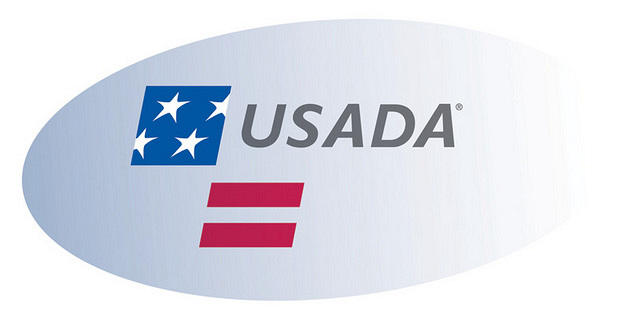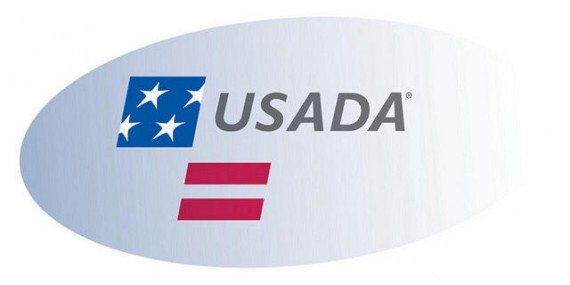
Track sprinter LaTasha Jenkins is the first athlete to win a doping case against the United States Anti-Doping Agency (USADA). She was charged with an adverse analytical finding after testing positive for the anabolic steroid nandrolone in both Sample A and Sample B in July 2006. She was banned from competition for two years. Last week, the World Anti-Doping Agency (WADA) dropped its appeal of the Court of Arbitration for Sport (CAS) decision which exonerated her (“LaTasha Jenkins first athlete to beat the U.S. Anti-Doping Agency on a doping charge,” April 22).
A three-member arbitration panel ruled last December the testing of her sample, given at a meet in Belgium, was not done in accordance with WADA rules that require tests be run by two different technicians.
That broke USADA’s perfect record in front of arbitration panels, which was 35-0 according to the best available statistics.
To the question of Jenkins’ appearing to have won on a technicality, Valparaiso Sports Law Clinic director Michael Straubel had said, “[The arbitrators] set aside the test results because they were not based on reliable lab results.”
She was represented by the Valpo Sports Law Clinic with free legal assistance. The clinic is a pro bono service of Valparaiso University School of Law based on financial need. The Valpo Sports Clinic was founded in 2005; the clinic will have an on-site service for athletes at the 2008 Summer Olympics in Beijing.
Professor Michael Straubel, the Director of the Valpo Sports Law Clinic, has previously commented on the unfairness and inconsistency of anti-doping efforts in the context of the Floyd Landis case (“Sports Law Clinic director comments on Landis case,” May 24, 2007).
“It is important to eliminate cheating in sports and enforce anti-doping rules consistently and fairly, but the USADA v. Landis hearing is a rare public airing of the many tensions and growing pains that haunt the doping control process,” said Professor Straubel. “Those tensions include a bureaucracy that needs to prove itself vs. an accused athlete’s need for information to defend himself. The system is designed to be quick vs. the need to be thorough in order to be fair. It is a system based on breach of contract dispute procedures vs. claims and charges that are criminal in their seriousness.”
Professor Straubel added, “However, at the heart of the Landis case are questions about the reliability of a still developing science and anti-doping enforcement using that science. Floyd Landis and his attorneys are challenging a system which presumes the science is reliable and testing is properly done, but which then limits the information available to athletes about that science and testing. This challenge has clearly shown how difficult it is to put the testers to their proofs. Perhaps the larger result of the Landis case will be a system that is more self correcting and reliable.”

About the author
Millard writes about anabolic steroids and performance enhancing drugs and their use and impact in sport and society. He discusses the medical and non-medical uses of anabolic-androgenic steroids while advocating a harm reduction approach to steroid education.

Leave a Reply
You must be logged in to post a comment.